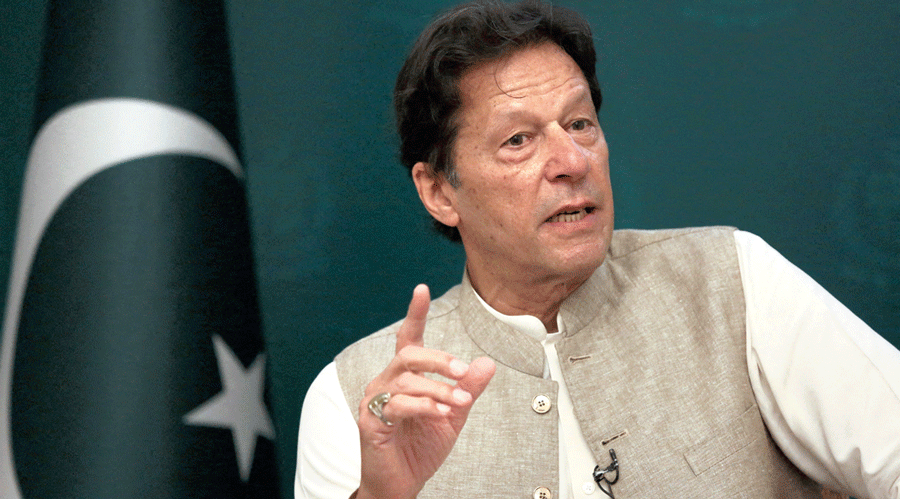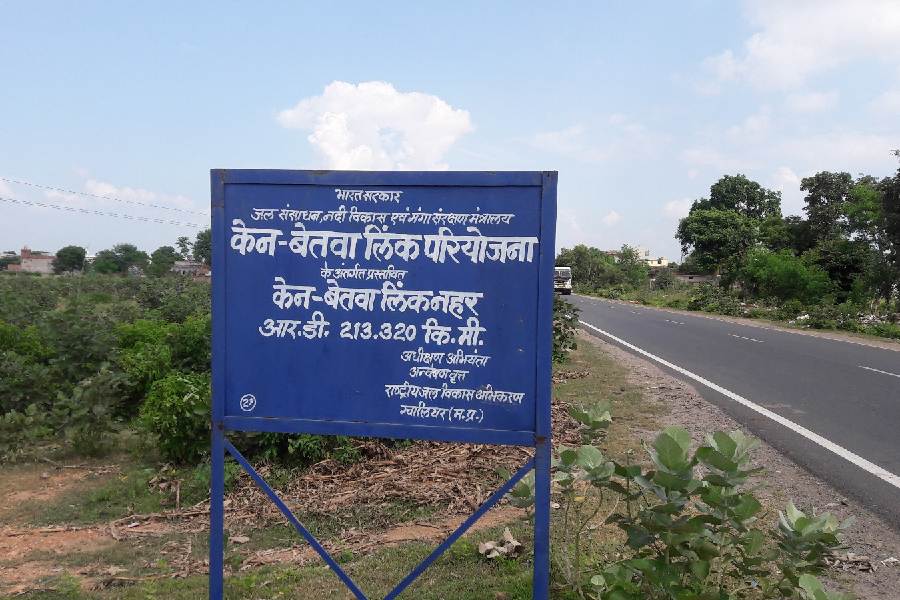Pakistan’s former Prime Minister, Imran Khan, was charged under the country’s anti-terrorism act on Sunday, in a drastic escalation of the tense power struggle between the country’s current government and its former leader that threatens to set off a fresh round of public unrest and turmoil.
However, on Monday Khan was granted protective bail till Thursday by the Islamabad High Court.
His lawyers — Babar Awan and Faisal Chaudhry — filed a petition in the court seeking pre-arrest bail on his behalf. A two-member bench comprising Justice Mohsin Akhtar Kayani and Justice Babar Sattar took up the petition.
Also on Monday, the High Court decided to initiate contempt proceedings against the former Prime Minister.
The charges came a day after Khan, the former cricket star who was ousted from power in a no-confidence vote in April, gave an impassioned speech to hundreds of supporters at a rally in the capital, Islamabad, condemning the recent arrest of one of his top aides and threatening senior police officers and a judge involved in the case.
“We will not spare you,” Khan said, vowing to file legal cases against them.
The police report detailing the charges against the former Prime Minister said that his comments amounted to a deliberate and illegal attempt to intimidate the country’s judiciary and police force, local news outlets reported.
Khan has not yet been arrested and is in Islamabad, according to Fawad Chaudhry, a senior leader of his political party, Pakistan Tehreek-e-Insaf. Khan has not yet commented publicly on the charges.
Khan was forced out of office in April, but since then he has proved that he remains a powerful force in Pakistani politics.
In recent months, the charismatic populist leader has drawn tens of thousands of people to his rallies acrossthe country, and his party has successfully parlayed that influence into electoral success.
In July, it won a sweeping victory in local elections in the most populous province, Punjab, and this month it also fared well in voting in the country’s economic hub, Karachi.
“Imran Khan is clearly an order of magnitude stronger than he was when he was removed — the removal was probably the best thing to happen to him,” said Adil Najam, the dean of Boston University’s Frederick S. Pardee School of Global Studies and an expert on Pakistani politics.
Still, as Khan fights to make a political comeback, he and his supporters face amounting crackdown aimed at curtailing his party’s electoral success, analysts say. Pakistan’s media regulatory authority imposed a ban on the live broadcast of his speeches on news television channels.
Several journalists and talk show hosts, who are sympathetic to Khan, say they have been harassed and threatened by the state authorities in recent weeks. And a senior aide to Khan, Shahbaz Gill, was imprisoned earlier this month, accused of making anti-military comments on a TV talk show.
New York Times News Service and PTI











